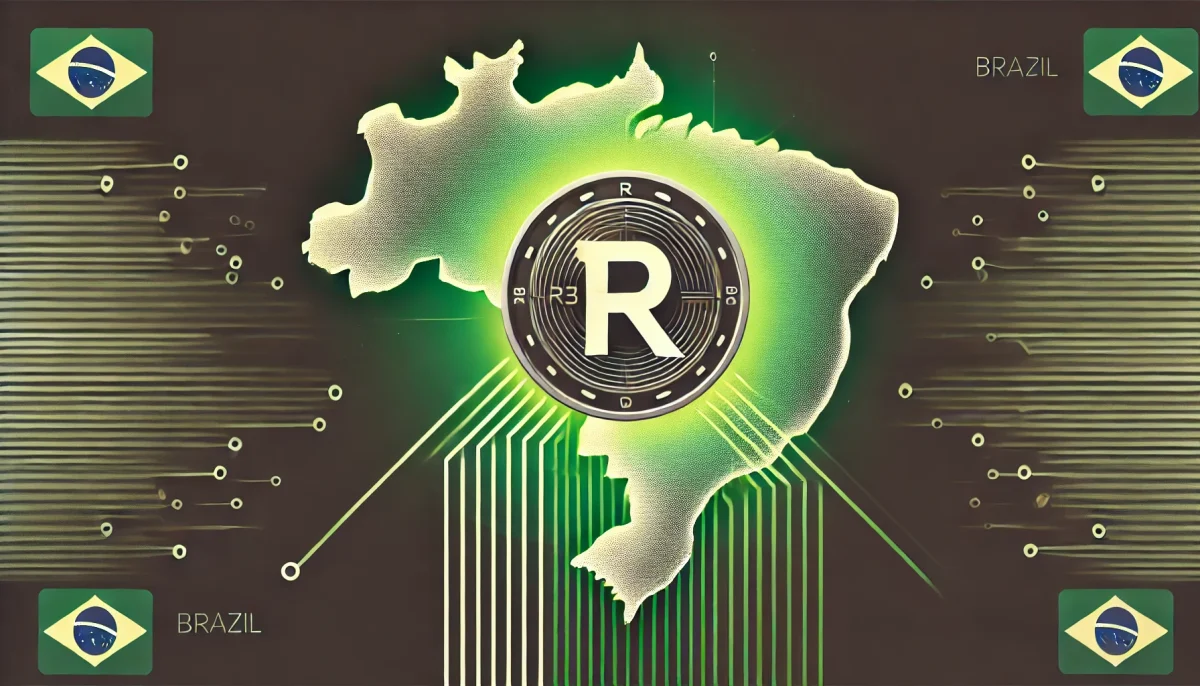Blockchain-based prediction markets face legal challenges as Romania prohibits Polymarket due to gambling regulations
- Romania banned blockchain prediction market Polymarket for operating without a license, citing gambling law violations. - The move joins crackdowns in Belgium, France, and Poland, as regulators classify such platforms as unregulated gambling. - Polymarket faces U.S. relaunch challenges despite acquiring a CFTC-registered exchange, amid fragmented state regulations and prior $1.4M fines. - Its blockchain-first model aims to differentiate from competitors but struggles against strict European gambling cont
The National Office for Gambling (ONJN) in Romania has prohibited the blockchain-powered prediction market Polymarket from operating in the country due to a lack of proper licensing, presenting another regulatory setback for the platform as it eyes a return to the U.S. Romania now joins other countries such as Belgium, France, and Poland in taking action against Polymarket, all citing issues with unauthorized gambling, according to a
Polymarket’s regulatory hurdles are not limited to Europe. In 2022, the U.S. Commodity Futures Trading Commission (CFTC) imposed a $1.4 million penalty on the platform and required it to block American users for running an unregistered derivatives exchange, according to
Despite these initiatives, Polymarket continues to encounter significant regulatory resistance in both the U.S. and Europe. European authorities have repeatedly maintained that prediction markets qualify as gambling when participants wager real money on unpredictable outcomes, regardless of the underlying technology, as detailed in the iGaming Today report. In 2024, France blocked access to Polymarket after a $30 million bet on the U.S. presidential election drew regulatory attention. In the U.S., although Polymarket has obtained a no-action letter from the CFTC, inconsistent state-level rules and enforcement contribute to ongoing legal uncertainty, according to DL News.
The company’s approach to re-entering the U.S. market relies on its blockchain-centric model and plans for a proprietary token, though specifics have yet to be disclosed, as CoinDesk reported. Conversely, the Romanian ban highlights the challenges of operating in markets with strict gambling controls. ONJN cautioned that permitting unlicensed platforms to function under the label of “event trading” could establish a “dangerous precedent” that threatens consumer protections and fiscal oversight, as noted by iGaming Today.
With prohibitions now in place in four European nations and an uncertain regulatory landscape in the U.S., Polymarket’s growth ambitions underscore the ongoing friction between decentralized financial innovation and established regulatory systems. While the U.S. relaunch seeks to leverage regulatory clarity through QCX, authorities in both Europe and America continue to send a clear message: prediction markets involving real-money bets will be subject to strict regulation, as reported by CoinDesk and iGaming Today.
Disclaimer: The content of this article solely reflects the author's opinion and does not represent the platform in any capacity. This article is not intended to serve as a reference for making investment decisions.
You may also like
Dogecoin News Today: Contrasting Paths: Dogecoin's Institutional Expansion Against Shiba Inu's Foundational Challenges
- Dogecoin gains institutional traction via T. Rowe Price's SEC-approved ETF, signaling growing confidence in meme coins with liquidity and community. - Shiba Inu struggles with structural issues: Shibarium's TVL fell below $1M, daily transactions dropped 99%, and utility deficits persist despite token burns. - Crypto markets shift toward utility-driven assets like AI compute and DePIN, leaving meme coins competing against projects with verifiable use cases. - SHIB's community pushes for AI integration but

Brazil’s OranjeBTC Shifts Strategy as Argentina Seizes $515M in Digital Assets

Ethereum News Update: Ethereum Value Drops Sharply While Institutions Increase $13.2B Investment Threefold
- BitMine Immersion Technologies, co-founded by Tom Lee, now holds 3.3M ETH ($13.2B), the largest public Ethereum reserve, signaling institutional confidence in its financial infrastructure role. - Ethereum ETFs saw $246M net inflows on Oct 28, with Fidelity and ARK leading, as total inflows reached $14.73B—5.76% of total ETH supply—despite recent volatility. - Ethereum fell 5.5% to $3,800 amid $81M ETF outflows, but institutions like SharpLink continue investing in Ethereum-based projects like Linea, show

U.S. and China Reach Temporary Agreement: One-Year Pause on Rare Earth Disputes Despite Continued Strains
- China and the U.S. reached a provisional trade truce, suspending rare earth export controls and reducing fentanyl-related tariffs for one year. - The agreement includes conditional pauses on new sanctions and Nexperia export bans, with annual renegotiation and lingering strategic vulnerabilities. - Lynas Rare Earths adjusted production amid uncertainty, while Nexperia's shipments resumed to ease automotive supply chain risks. - Market reactions remain mixed as the truce addresses immediate tensions but l
